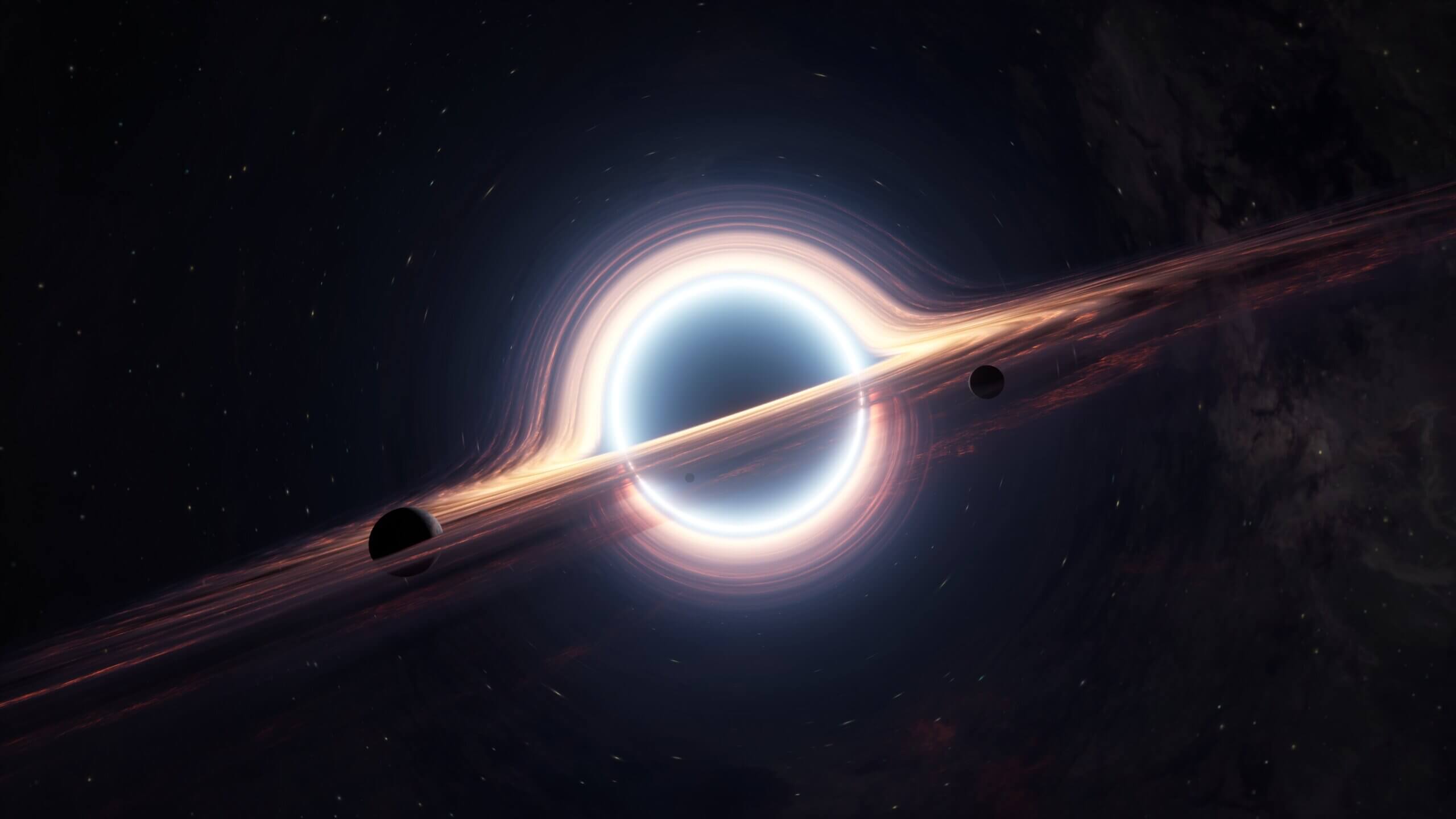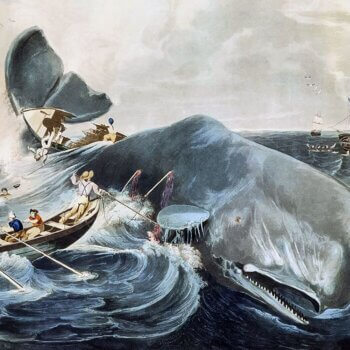Key Takeaway:
Black holes form when massive stars die due to gravity and hot gas, creating a dense mass that forces them into a single point. As the star burns up, the force from gravity and heat becomes too strong, creating an event horizon that prevents escape. Astronomers study black holes by observing the matter getting sucked into them before it gets too close. One idea is that black holes form wormholes, tunneling between different parts of the universe.
Black holes can form when a massive star dies. Stars have a lot of mass which means there is a lot of gravity pulling in on the star. Gravity is the same force that keeps you on Earth so you don’t float into space!
These stars are also made up of very hot gas which lets off a lot of heat. This creates a force which pushes on the star from the inside out.
Normally the pull from gravity and the push from the heat balance each other out. But, as the star gets older, it burns up all of the fuel and there isn’t anything left to push out anymore. Now gravity takes over and all of the mass of the star falls in on itself into a single point. This is what we call a black hole.
You will never be able to escape a black hole
Because black holes are made up of a lot of mass squished into a very small area of space (in science speak we say black holes are very dense) they create a lot of gravity. This pulls in anything that gets too close.
The pull they create is so strong that if you get too close to a black hole – even if you are travelling away from it at the fastest speed it is possible to go – you will never be able escape. This is what astronomers call the event horizon. Once you are inside the event horizon of the black hole you will never be able to leave.

Black holes were given that name because if you were to take a picture of one, you wouldn’t be able to see anything. No light would be able to escape the black hole and make it to the camera (and after all, all a camera does is record light). You would just see a picture of the universe with a dark circle around where the black hole sits.
Sadly, it is really hard to get a camera good enough to take pictures like that. Instead, astronomers study black holes by looking at the stuff that is getting sucked into the black holes, before it gets too close and goes past the event horizon. There is no way for us to see what happens once you get inside.
So, where do they lead to?
Now to the big question: what happens once you go into a black hole and past the event horizon? The answer is that we don’t actually know yet. We are still trying to figure that out!
One idea is that black holes form things called wormholes.
These wormholes act as tunnels between two different parts of the space. This means that you could step into a black hole and end up in a completely different part of our universe. You might even end up in a different universe!
Astronomers have spent a lot of time trying to describe how wormholes could form and work. We won’t know for sure if that is really what happens once you go through a black hole though until we figure out a way to see it happen.
Maybe one day you will become a scientist and help us find these answers. Your excellent question shows you are on the right track.





























